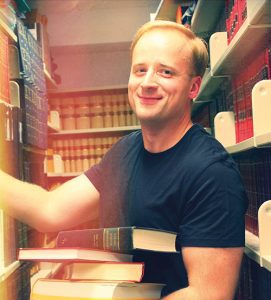Information is under siege.
Misinformation, disinformation, and fake news are everywhere, blurring people’s understanding of what is real and what isn’t. Indeed, false information is metastasising, bringing about dangerous new terms such as ‘alternative facts’. Facilitated by the Internet and social media, it is influencing news, politics, scholarship, and public discourse. It is changing how many people perceive, interpret, and understand the world.

Information literacy is the toolkit needed for this dire problem, and it starts with the successful identification of fake stories. Hitting share is easy, which is why damaging information is propagated so easily. How do you find reliable information outlets? Take a moment to consider the source. Look into the website, its agenda, and its legitimacy. The author should be analysed similarly. Beyond these measures, make sure to read beyond the headline and first few paragraphs. Take in the whole story. Is this satire? Is it written in jest? Make sure that personal biases aren’t clouding judgement. Consult an expert if needed. The second part of information literacy is self-reflection. Be aware of psychological biases during searching, such as how questions are framed, how easily information needs are satisfied, how results affect perceptions, and how other factors influence searching; in other words, consider your thinking processes and adjust the search accordingly. Contextualise the information to help better understand the information’s purpose, motivation, and bias. Finally, compare, corroborate, and cross reference with various sources. Do a deeper search if needed.
Online content is available everywhere, but we need to be smart about what we choose to consume and share. Adopting these approaches can help us break this alarming and intensifying siege on legitimate information and not only restore order, but save ourselves from a potentially very dangerous rabbit hole.





Comments are closed for this article!